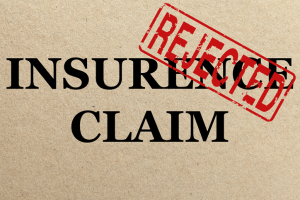We reconnect with Ilya Kazi, IP Partner at Mathys & Squire, who spoke on being commercially pragmatic with patents in our April edition. Months on from his previous interview with Lawyer Monthly, a lot has changed; from artificial intelligence to Brexit, Ilya speaks on how these changes are impacting the patent world.
Are there any particular industries which are cropping up more, in relation to IP disputes?
Telecoms especially, and we can use Unwired Planet Vs Huawei as an example, and other IT related disputes.
Why do you think this is and what could be done to reduce such disputes?
In part, this is due to well-known mobile phone companies selling off patents to patent monetisation entities and a large secondary market in patents having become established. In IT, as opposed to pharmaceuticals, there are large numbers of patents potentially relevant to any successful product. Moreover, the recent Actavis Supreme Court decision may embolden those wishing to enforce patents where infringement is questionable. Companies may have to become more pro-active about clearing the way.
You previously mentioned how Brexit may impact the legal world; with Brexit now underway, what do you think the future of the UPC will be?
I was at a conference at the EPO recently and spoke to the EPO team leading the project. They are very keen to have the UK part of the UPC and believe it is legally possible. The informal view from those who have seen the German Constitutional challenge is that although lengthy and well-written, it is unlikely to be conclusive. I am more positive than I was (which was not very!), that in 2019 we will have some movement.
AI has been a huge topic of discussion this year; do you think the rapid development of robotics has, or will, affect the legal world? If so, how and why?
Yes. Firstly, firms may use it to take some cost out of certain things. Secondly there will be new issues like liability associated with autonomous systems, self-driving vehicles being a topical issue. Thirdly, AI design will raise issues of authorship and possibly ‘inventorship’.
Is there anything else you would like to add?
Both AI and Brexit have caused larger corporations to seriously question established issues of who and what does things in the value chain. The coincidence of both being on the agenda is likely to accelerate change, most likely not in the way supporters of Brexit might have hoped. The legal world will have to deal with this change in commercial realities.




















